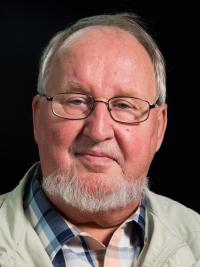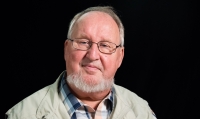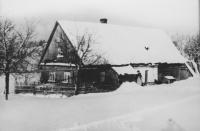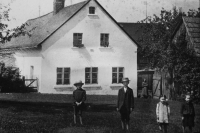The past should not dominate our future

Download image
Siegfried Hösch was born on April 14, 1942 in the settlement of Štítary (Schildern) near Aš. His family farmed there at a farm, and his grandfather also sold cattle. In 1946, shortly before the family was to be displaced, his mother picked him up on a bicycle and they went together to Germany. Rehau became new home, where other relatives gradually moved. Here, too, family members earned their living mainly by working in agriculture. For many years they maintained a very intense relationship with their homeland, although it was not easy. Rehau became the patron town of the displaced inhabitants of Aš, and their meetings were held here regularly. The house in Štítary, where the witness spent part of his childhood, was blown up in 1951. As a great nature lover, he often went for walks in the area and also enthusiastically welcomed the opening of the border after 1989. This also affected him professionally, being a head of the culture, education and sports department in Rehau, he was involved in establishing cross-border contacts with Aš. Siegfried Hösch was married, soon widowed, and raised two children on his own: a daughter and a son.



